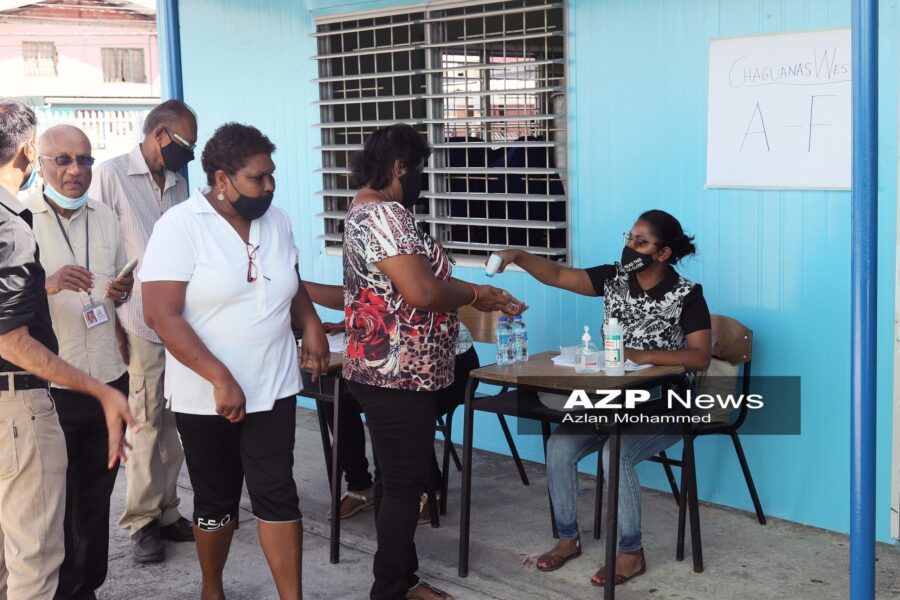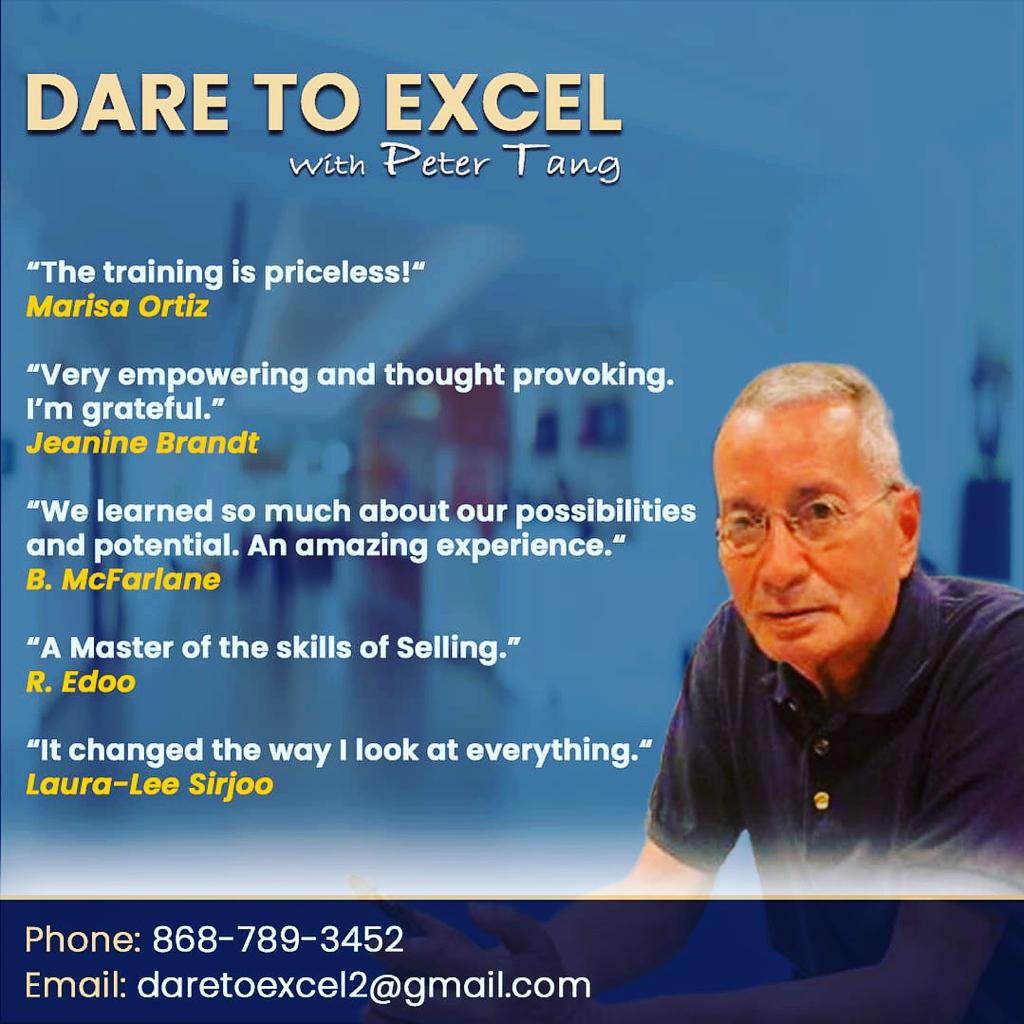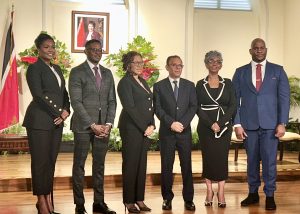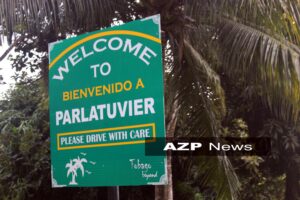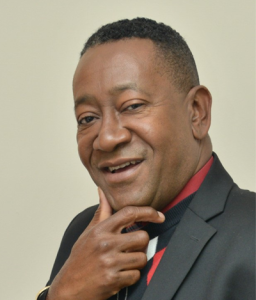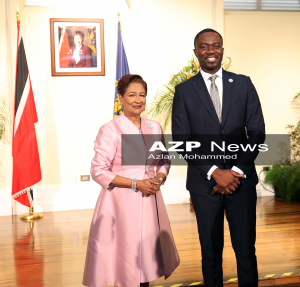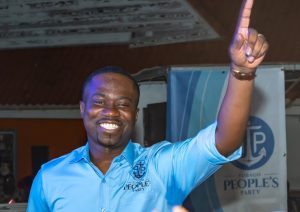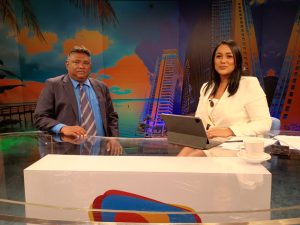‘In a modern democracy, such as Trinidad and Tobago, all individuals have the right to participate in the popular vote, subject only to specified conditions and disqualifications’ – Lord Richards agreeing with Lord Reed and Lord Hodge
By Prior Beharry
CITIZENS of Trinidad and Tobago have the right to vote.
This was the ruling of the Privy Council on Thursday in a split three-to-two decision in favour of activist Ravi Balgobin Maharaj against the Cabinet of Trinidad and Tobago and the Minister of Rural Development and Local Government for putting off local government election by one year.
The Councillors and Aldermen were elected in Local Government Elections in December 2019 and were due to lose office in December 2022 with elections to be held by March 2023. But in July 1, 2022, the Miscellaneous Provisions (Local Government Reform) Act, 2022 was assented to. This allowed councillors to be in office for four years and therefore there were to hold office until December 2023.
On November 3, 2022, the Minister of Rural Development and Local Government Faris Al-Rawi announced Government’s intention to bring these provisions of the Miscellaneous Provisions (Local Government Reform) 2022 Act into force. He said that the new four-year term would apply to the Councillors and Aldermen then in office who would therefore serve for an additional term of one year until December 2023, with elections postponed for one year.
This decision was challenged by Balgobin Maharaj and he lost his case in the High Court and local Court of Appeal. He appealed to the Judicial Committee of the Privy Council and Law Lords – Lord Reed, Lord Hodge, Lord Briggs, Lord Kitchin and Lord Richards heard the case on March 15, 2023.
The judgement was delivered on Thursday.
Lord Reed, Lord Hodge and Lord Richards upheld the appeal with Lord Briggs and Lord Kitchin dissenting.
In delivering the majority decision, Lord Richards said, “The essential characteristic of a representative democracy, whether at a national or local level, is that the representatives are chosen by popular vote.
“In a modern democracy, such as Trinidad and Tobago, all individuals have the right to participate in the popular vote, subject only to specified conditions and disqualifications.
“In the case of municipal corporations, the popular vote is direct for the Councillors and indirect, by means of party lists, for Aldermen.
“It is also an essential element of any democratic form of government, whether at a national or a local level, that the electorate choose their representatives for a limited period.
“The right to vote out representatives is as important as the right to vote in representatives. At the end of the period for which they were elected, the electorate has the right to decide whether they wish the incumbent representatives to remain in office, assuming they stand for re-election.”
He said, “The rights conferred by a democratic system of government are not only individual rights enjoyed by each person entitled to vote. It is also the right of all members of the relevant community to be governed by representatives chosen democratically, whether or not individually they are entitled to vote or have exercised that right.
“A democratic society will necessarily engage other rights – freedom of expression and association, for example – but the election of representatives for a fixed or maximum period is the foundation on which it is built.
“It is inimical to a representative democracy that the representatives are chosen by anyone other than the electorate. It is not for Parliament, still less the Government, to choose the representatives.”
Lord Richards said, “For the reasons given in this judgment, the Board is unable to agree with the Court of Appeal that the amendments to sections 11 and 12 of the (Municipal Corporations Act) MCA, increasing terms of office from three to four years, applied to the incumbent Councillors and Aldermen. The Board therefore allows the appeal.
Representing Balgobin Maharaj were Anand Ramlogan, SC, Peter Carter, KC, Mohammud Jaamae Hafeez-Baig,
Adam Riley instructed by Vishaal Siewsaran of Freedom Law Chambers. While Thomas Roe, KC, Rishi Dass, SC, Leah Abdulah instructed by Charles Russell Speechlys LLP appeared for the State.
![]()


